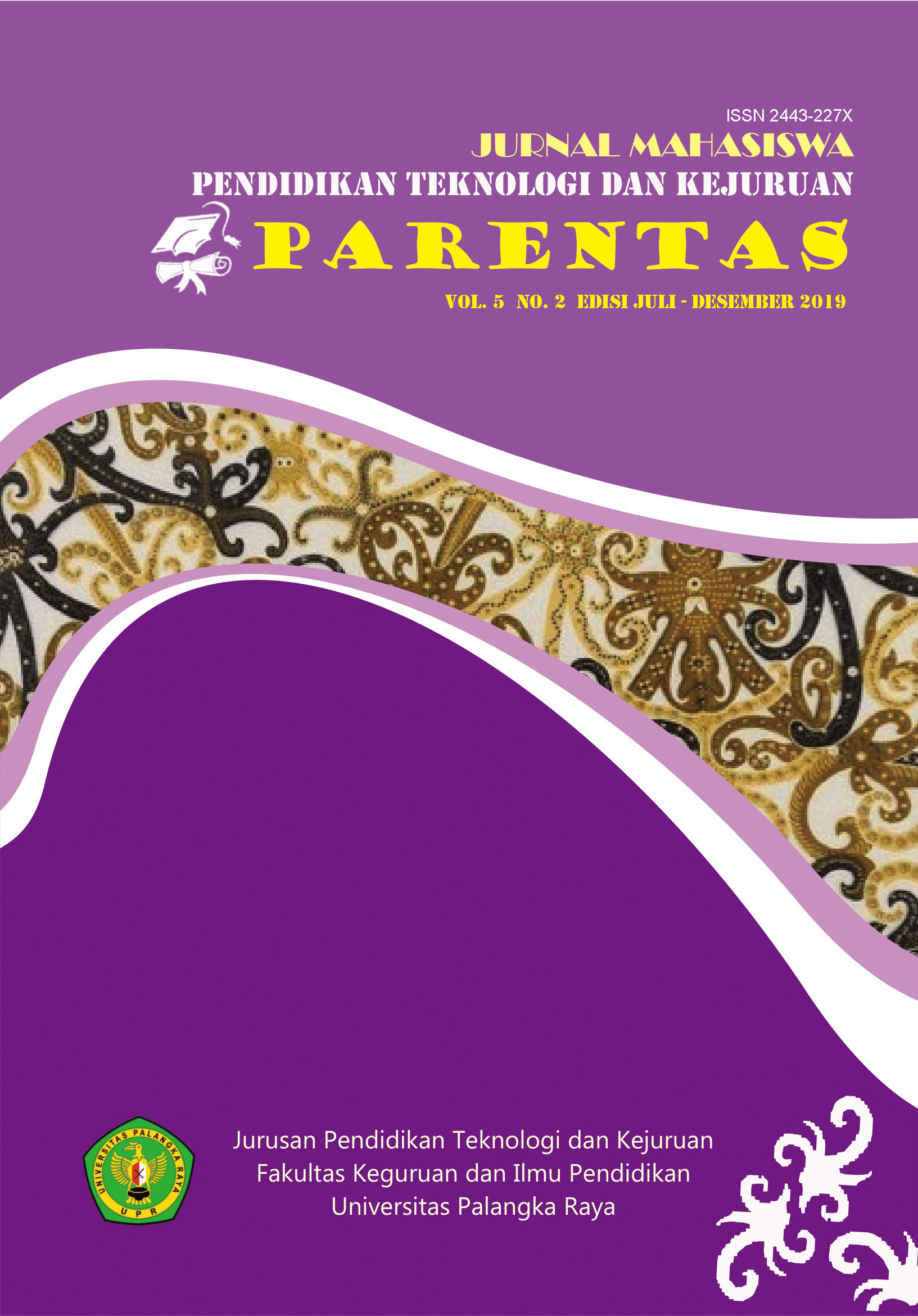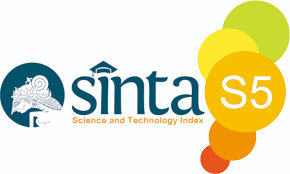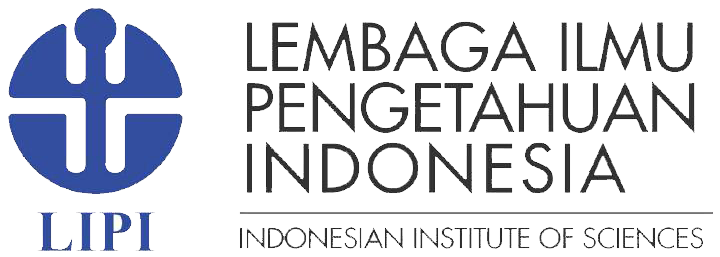APPLICATION OF PROBLEM SOLVING LEARNING MODEL TO IMPROVE LEARNING OUTCOMES MATERIALS MAINTENANCE OF LIGHT VEHICLE ENGINES, COMPETENCY IN IMPLEMENTING WAYS TO MAINTAIN CONVENTIONAL GASOLINE FUEL SYSTEMS/CARBURATORS CLASS XI AUTOMOTIVE LIGHT VEHICLE
Keywords:
Problem Solving Models, Learning Outcomes and Fuel SystemsAbstract
This study aims to determine whether the application of the problem solving model runs well and to find out how the results of the application of learning models Problem solving on the subjects of Light Vehicle Engine Maintenance competencies apply how to care for conventional gasoline fuel systems/carburetors, as well as student learning outcomes data by the teacher showed that of the 40 students as many as 5 (12.5%) students reached the minimum completeness criteria (MCC) score and 35 (87.5%) did not reach the minimum completeness criteria (MCC) score, while the minimum completeness criteria were set at 70, this study aimed to find out whether there was an increase in activeness and student learning outcomes after the learning model is applied. This research is a qualitative descriptive study. The research subjects were 25 students. The technique of collecting data in this study used observation and test sheets. This research shows results as follows: The research process all went well, it was supported by data from the questionnaire analysis of teacher activities and data on the results of student questionnaire activity analysis. It shows that the application of the model is very effective. As well as the value of the results of the student response questionnaire which is equal to 93% of students strongly agree. Based on the analysis of student value data, this model proved effective in improving student learning outcomes. The value of students after the post-test shows that of the 25 students obtained 92% of students who complete the minimum completness criteria (MCC) are 70, where the average post test score is 80.32 and 8% of students score under the minimum completeness criteria (MCC). Compared to the results of the pre test, of which 25 students obtained 8% of students who completely met the minimum completeness criteria (MCC) and 92% of students who scored below the minimum completeness criteria (MCC) that had been set 70 with the level of achievement of post test learning outcomes that is 80%.
Downloads
Downloads
Published
Issue
Section
License
Copyright (c) 2019 PARENTAS: Jurnal Mahasiswa Pendidikan Teknologi dan Kejuruan

This work is licensed under a Creative Commons Attribution-NonCommercial 4.0 International License.


















